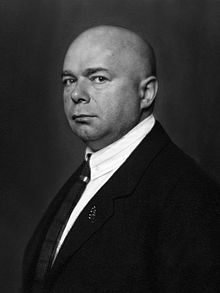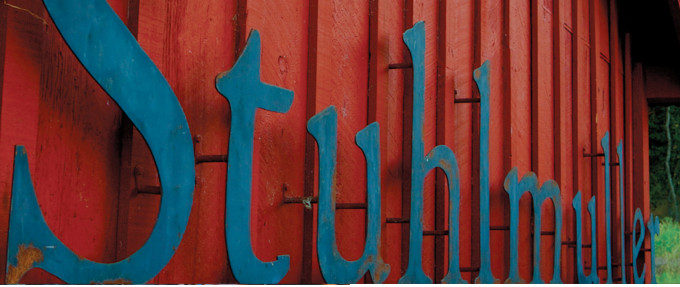Ah, … a … dark beverage that wakes us up in the morning. For some of us, it keeps us up during the day, or for late night study … We drink it out of habit, we drink it like an addict.
 Ah, coffee… a fantastic dark beverage that wakes us up in the morning. For some of us, it keeps us up during the day, or for late night study sessions. We drink it out of habit, we drink it from addiction, we drink it for flavor; whatever the reason, it is surely a popular beverage. So where did this famed drink come from?
Ah, coffee… a fantastic dark beverage that wakes us up in the morning. For some of us, it keeps us up during the day, or for late night study sessions. We drink it out of habit, we drink it from addiction, we drink it for flavor; whatever the reason, it is surely a popular beverage. So where did this famed drink come from?
Coffee, for Americans, is three hundred years old. In the East, it was widespread at every level of society, since the earlier era. The most notable dates point to around 800b.c. However, Homer, and according to Arabian tales speak of a mysterious bitter black beverage with powers of stimulation that could have been this drink.
About the year 1000, coffee was being used for medicinal purposes. In 1400 a Yemeni goat herder observed his flock eating reddish berries, then becoming excited and restless. After relating his observations to a monk, they boiled the berries and made a beverage that could disperse sleep and weariness. No matter how it actually was created, the fact remains that the coffee plant started in Africa, in an Ethiopian region known as Kaffa. From there it spread to Egypt, Yemen, and Arabia, where it became a part of daily life. In the late 1500s, coffee was a commodity, being sold in Europe. However, due to an increasing demand for the new beverage, and high taxes on shipping, there was experimentation with growing the crops in various other countries. Much later, around 1727 coffee growing started in Northern Brazil. By the 20th century, various forms of coffee were developed for the public.

Decaffeinated coffee was first founded in 1903 when Ludwig Roselius, a German coffee importer, gave a batch of damaged coffee beans to researchers. They developed the process of taking the caffeine out of the beans without losing any flavor. This was marketed in the 1920s. Instant coffee was first mass-produced from the invention of George Constant Washington, an English chemist living in Guatemala. While waiting for his wife one day to join him outside for coffee, he observed on the spout of the silver coffee urn, a fine powder, which looked to be the condensation of the coffee vapors. This excited him and led to his founding of soluble coffee.
In 1906 he started experiments and put his invention, Red E Coffee, in the markets in 1909. Nestle’, in 1938, trying to aid Brazil with their coffee surpluses created freeze-dried coffee. Nescafe was started and first introduced into Switzerland. Instant coffee became a fad after 1956 when commercial television was the new craze.
And now in the US alone, 400 billion cups of coffee a year are consumed. Coffee is one of the world’s largest commodities, second only to oil. From a remote area in Africa to millions of shelves and homes worldwide, coffee has become a fixture everywhere.








